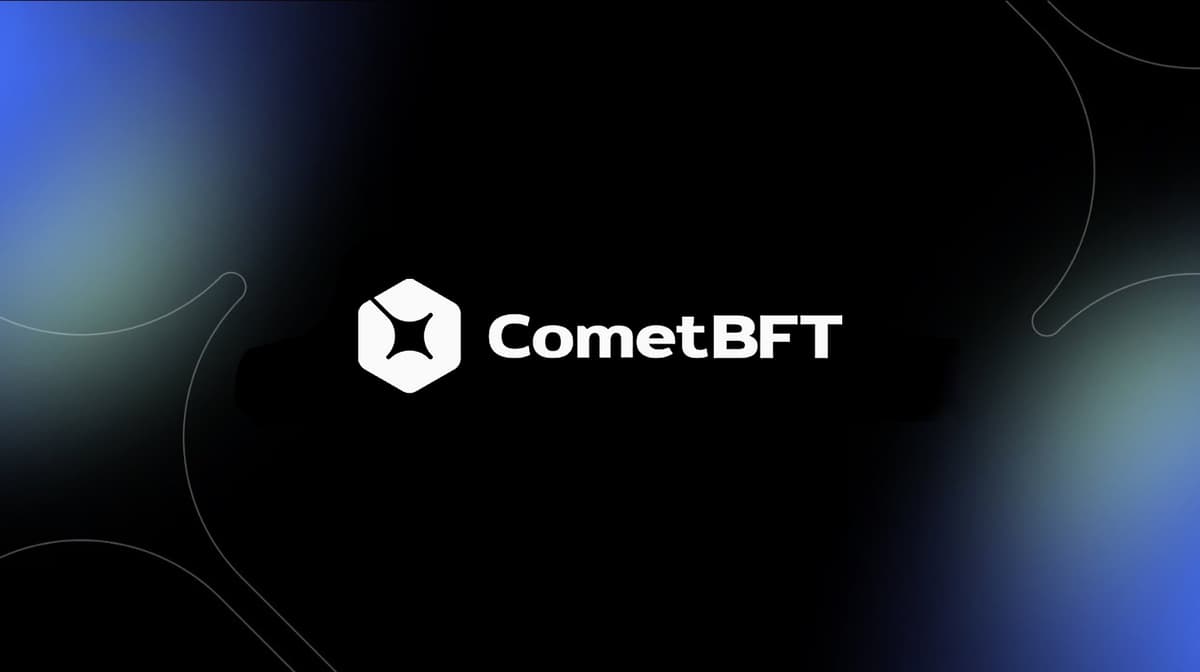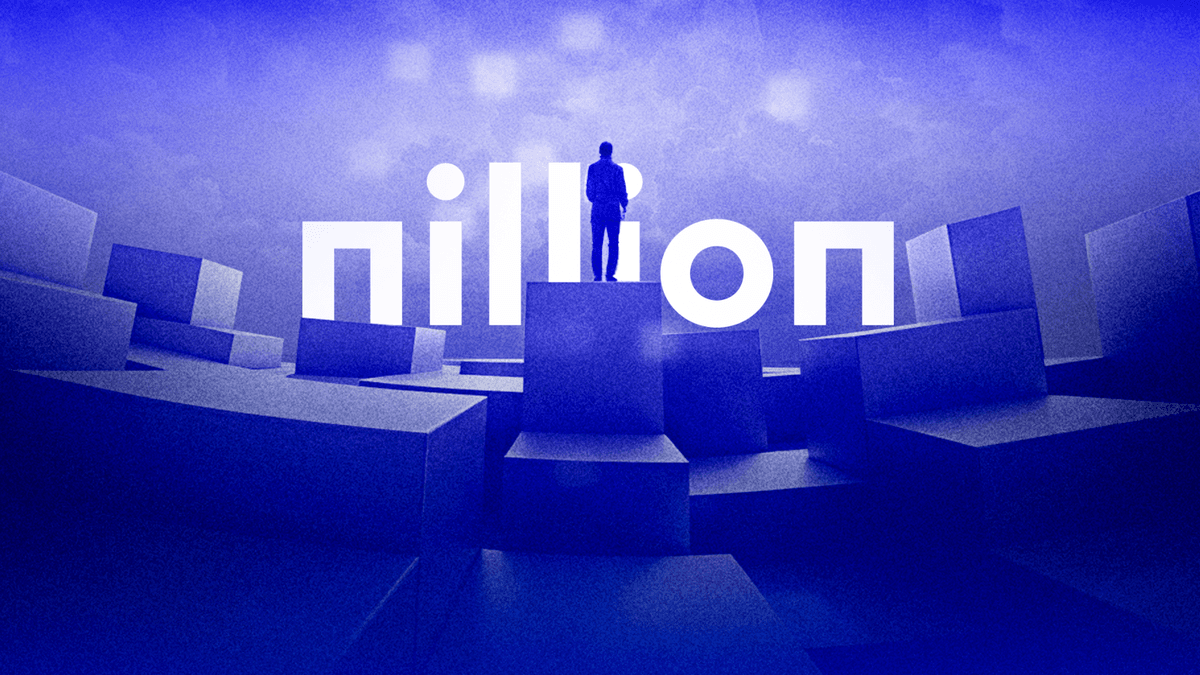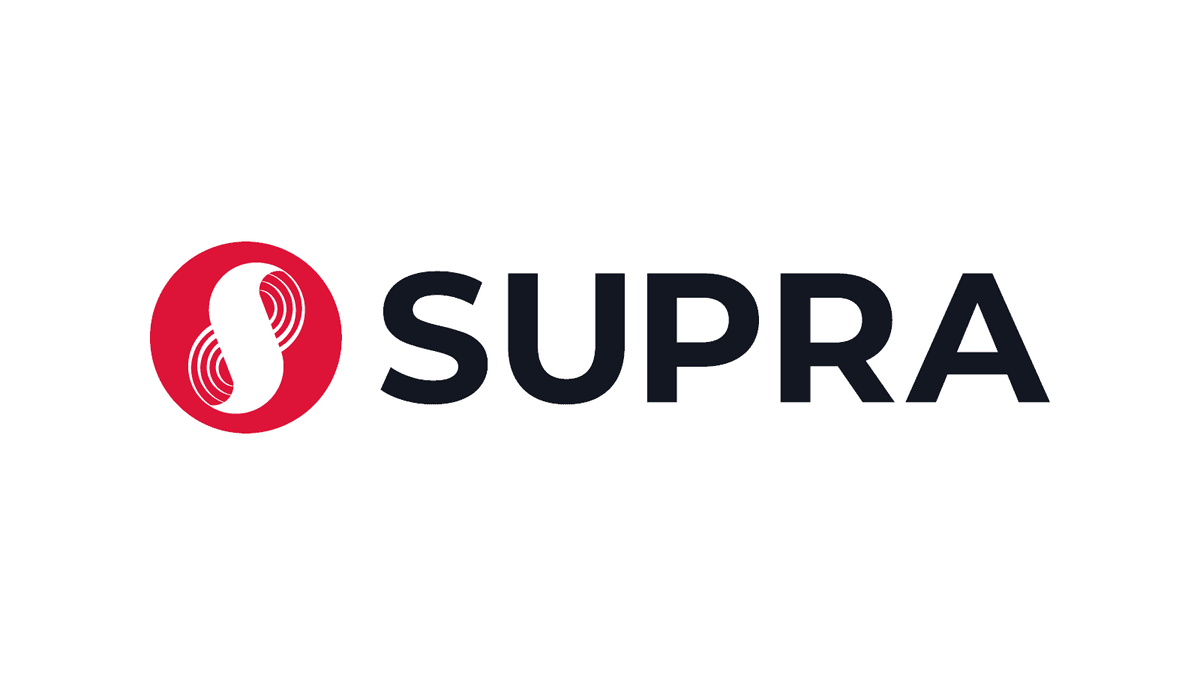Key Takeaways
- Decentralized AI: Allora uses a peer-to-peer cloud of AI models, enhancing learning through context-awareness and collaborative inference generation.
- Self-Improving Network: AI models on Allora continuously improve by learning from each other's outputs and real-world data comparisons.
- Cosmos-Based Infrastructure: Built on a permissionless Proof-of-Stake Cosmos L1, ensuring decentralized operations.
- Versatile Use Cases: Applicable in DeFi, DAOs, gaming, renewable energy, and social interactions.
- Privacy and Security: Leverages zkML to ensure privacy in AI operations.
Introducing Allora Collaborative Artificial Intelligence
Artificial Intelligence (AI) and Machine Learning (ML) are technologies with a long legacy. With recent developments, AI has become a household term. Nevertheless, artificial reasoning is a concept that arguably can be traced back to, and considered the logical continuation of the century and a half old field of Control Theory that was first formalized by James Clerk Maxwell in 1868. In his article “On governors” Maxwell discussed the use of mechanical governors on machines of the era.
However, the practical concept of having a device that replaces a human in making continuous decisions based on prior knowledge of the state of a system in order to generate a new input in a closed control loop to maintain a regulated system in a steady state is even older, dating back more than 200 years to the first introduction of devices such as centrifugal governors.
With the eventual advent of electronic sensors, governors, and processors, the stage was set for the introduction of computer controlled numerical processing of control parameters. The introduction of computers into the control loop eventually prompted the field of Machine Learning, i.e. the ability for a control system to use known previous system responses to disturbances to infer future reactions to an input beyond a hard-coded mathematical model.
This type of inference machine has proved useful for compartmentalized use, such as in limited system control scenarios for control purposes as well as pure information prediction (e.g. weather forecasts).
Training an AI
Although AI has been a staple in Sci-Fi literature and research on computers mimicking human reasoning has been carried out since the 1960s, only recently the physical capacity of computers has reached a maturity where large enough data sets can be stored and processing speed has become fast enough for near real-time processing of queries posed to them.
A key benefit to using AI and ML is that the models used internally are dynamic and self modifying. This means that the machine will be able adapt to changing conditions unlike a static model that will require outside input to alter the parameters of the model. However, the downside is that unless a predefined model already exists that can be used to bootstrap the working model, the model will need to be trained from a blank slate, and this process takes a long time and employs large data sets.
Allora uses a network of many individual Workers with different models as the basis for the combined intelligence. This approach together with a cleverly designed weighting system based on introspection and scoring based on accuracy allows the Allora network to outperform many standalone systems in both accuracy and availability.
On-the-job training of participating AI models is further enhanced by having access to scored output from many competing models. Furthermore, the way the network has been designed, Allora’s approach also provides the individual AI Workers with context which further improves on response accuracy.
To learn more about this concept and Allora's technical architecture, consider having a look at our second article on the topic.
Allora Thinks Slightly Differently
Allora introduces continuous context-awareness in a vast decentralized network of models. The idea is to have many models provide insight on the same problem and continuously evaluate which course provides the best solution. Thus, the models learn from each other's experience and improve the greater system’s response to queries.
Allora achieves decentralization by delegating AI compute tasks to generate inferences to a permissionless network of participants. By using a modern Cosmos-based Proof-of-Stake (PoS) L1 with CometBFT consensus this goal is achieved.
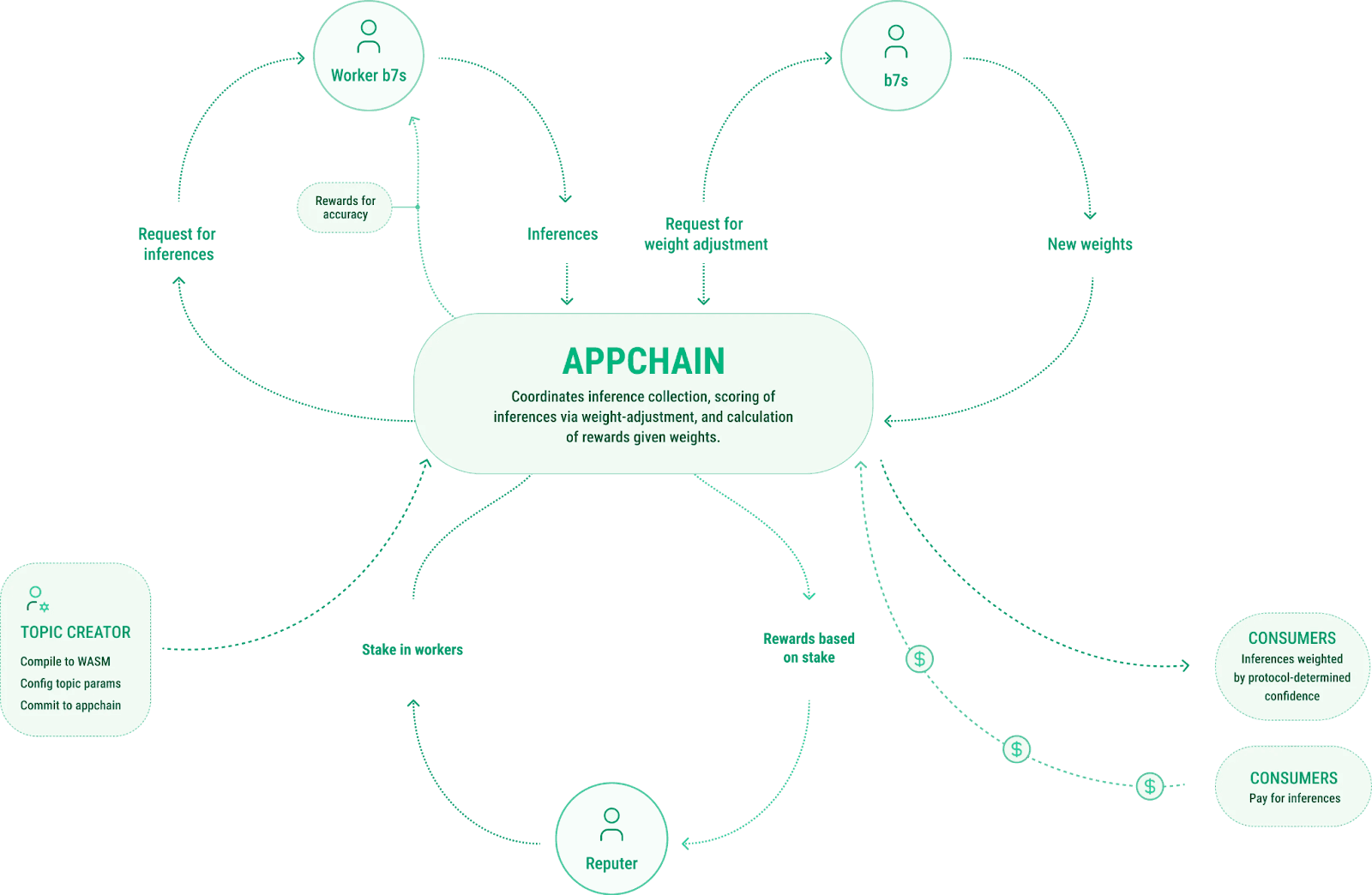
Allora is designed to provide market-leading, high quality AI inferences with high transparency of the system. This is achieved by leveraging several characteristics that make Allora different from other available AI platforms:
- Decentralized Machine Intelligence – the Allora Network has no central governing body, all participants are independent
- Context-Aware Inference Synthesis – achieved by continuous scoring of both produced inferences and the forecasting of the quality of future inferences
- Differentiated Incentive Structure – rewards are tailored for high-quality inferences, network validation, and ground truth provisioning, reflecting the unique value of each role
- Modular Topic Structure – AI tasks are organized in sub-networks referred to as Topics performing delimited subtasks
- Self-Improving Mechanism – recursive self-improvement is achieved by the same mechanisms used for context-awareness, learning from estimating participants results and comparing predictions to real world data
- Economic Security through Reputers – Reputers consistently evaluate inferences against the ground truth to ensure accuracy
- Open and Transparent Participation – Allora is open to anyone, and anyone who meets the minimum hardware requirements is welcome to contribute computational effort
- Cross-Domain Applicability – high modularity and security lends itself to a broad range of applications
- Privacy and Security – by virtue of being fully decentralized, customer privacy and confidentiality can be retained
The Problem With Siloed Knowledge
Due to the complexity of both initializing and training AI models and storing the vast amounts of data points required for an AI to be able to provide useful insights, it is only natural that the most successful implementations are fielded by organizations with a solid financial backing and substantial hardware resources.
The computational and storage resources required for tasks that go beyond a very narrowly defined problem are often insurmountable for a small entity. Therefore, most large-scale general AI implementations are fielded by established large companies such as Google, Microsoft, Apple, and newer ones such as OpenAI.
With access to vast resources, the giants of the AI world have been able to develop impressive Large Language Models (LLM) and generative AI such as Stable Diffusion.
There is nevertheless a fundamental flaw in this approach that becomes apparent when trying to scale up the algorithm. A compartmentalized algorithm cannot know of influences outside its limited scope of input parameters. This is what Allora refers to as “Siloed” machine intelligence.
When using a centralized AI provider's resources, an end user will most often be relying on black boxes. To an end user, any response to a query will be given without information regarding the exact algorithmic route the AI has taken to arrive at the response.
For an AI to best utilize a larger network of knowledge, of known statistical models and empirical experiences to produce a best-effort response, the better the interconnectivity of all knowledge is, the better the result will be, to the point of mimicking reasoning and intelligence. For an AI to be able to leverage this capability, algorithmic and data transparency is needed, thus facilitating the use of seemingly unrelated knowledge to answer new questions.
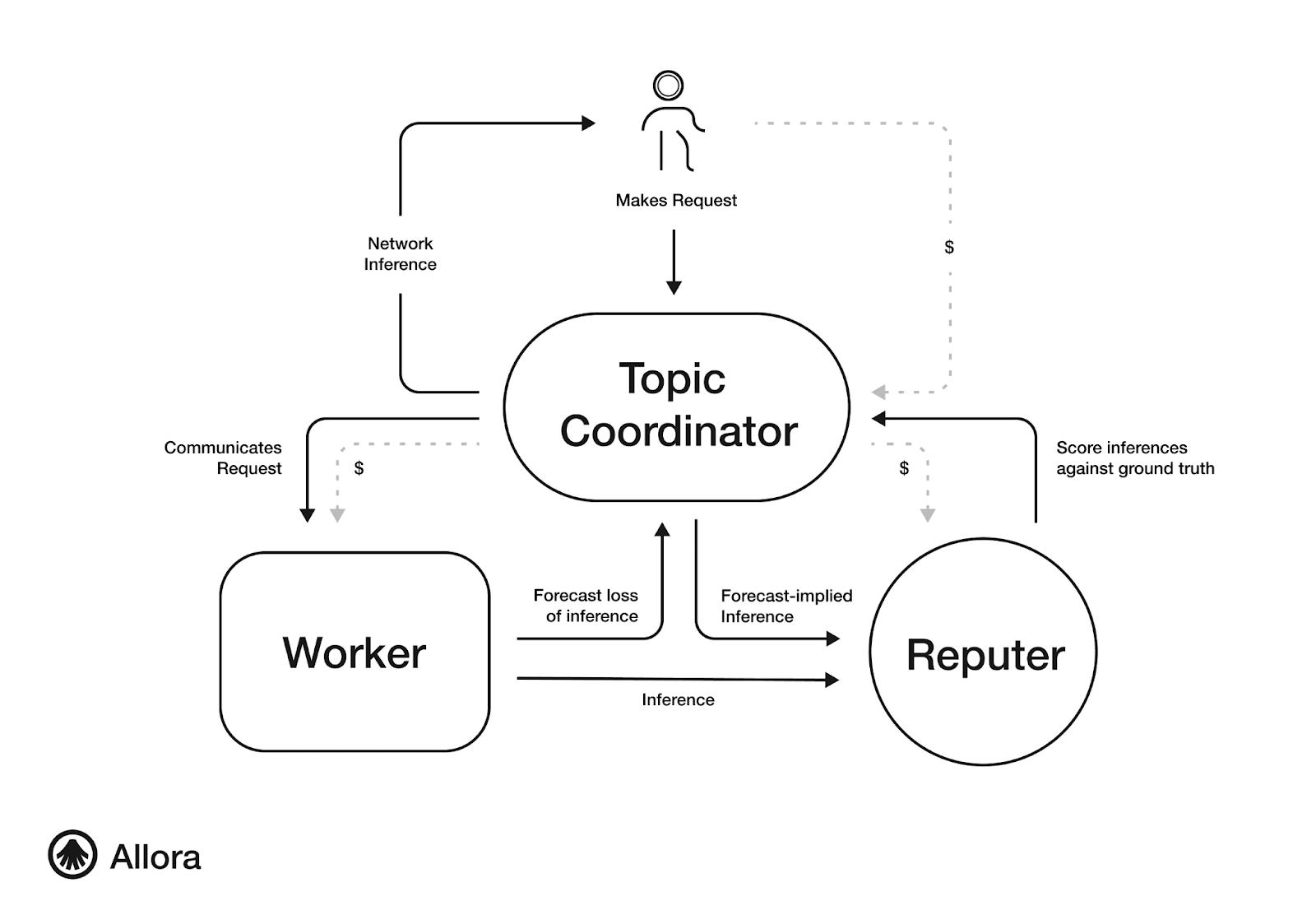
Allora Network History
Originally known as Upshot, Allora Labs was founded in 2019 by Nick Emmons and Kenny Peluso. Allora Labs is based in New York and was founded as a software research and development lab with its main focus on the development of the Allora self-improving AI network.
Emmons and Peluso share a background working at the investment and life insurance company John Hancock between 2018 and 2019. Emmons is the CEO of Allora Labs and has previously worked as a lead blockchain engineer at John Hancock and Manulife before founding Upshot and Allora Labs.
Peluso, Allora Labs CTO, has a Bachelor of Science in applied mathematics from Brown University and worked as a full-stack developer at John Hancock before joining Emmons in founding Allora Labs.
Allora Labs currently employs approximately 30 team members, ranging from software development and engineering, marketing and finance, to PhD students and teachers. Also in employment strategies Allora lives up to their core value of decentralization. The team is distributed globally across the US, Canada, Portugal, Norway, and various independent locations. Other prominent Allora Labs team members include: Tayeb Kenzari – strategy and marketing, Keenan Olsen – head of growth, Brian Chen – finance and operations, Guilherme Brandão – backend and blockchain engineering, Kjetil Vaagen – blockchain and data engineering.
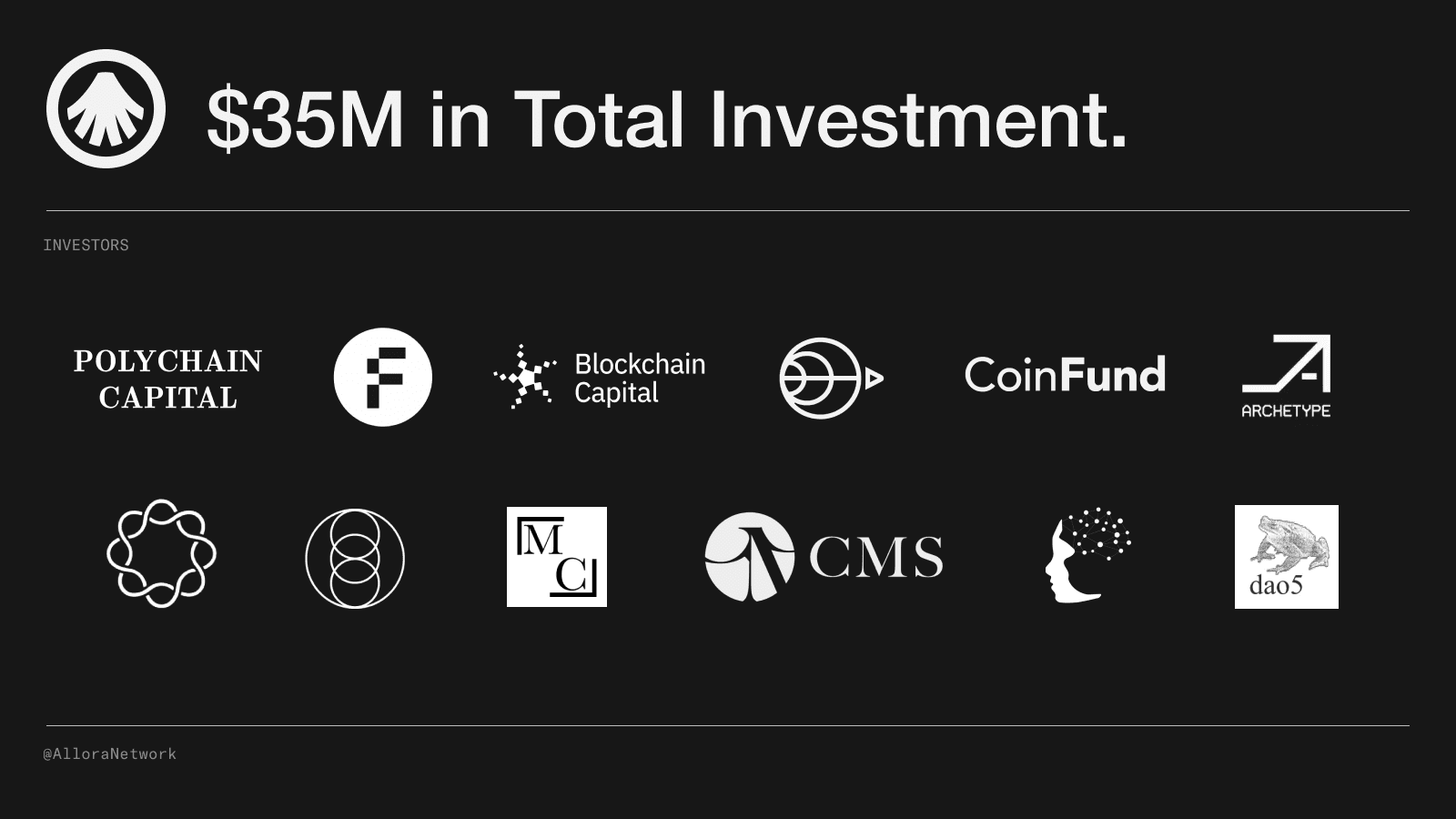
With its recent announcement in June of 2024, Allora Labs closed their latest investment round, bringing their total funding to 35 million US. Since 2020, Allora Labs (previously known as Upshot during some of these rounds) has held four investment rounds. Following the initial culmination of a 1 million USD seed round in early 2020, and two Series A investment rounds in 2021 and 2022 (where 7.5 million and 22 million were raised respectively), the most recent round raised an additional 3 million.
The latest 3 million dollar round aims to bring strategic partners into the fold and secure the Allora Network’s place as a leading AI provider moving forward. Notable investors include: Polychain Capital, Framework Ventures, CoinFund, Blockchain Capital, Archetype, Slow Ventures, Mechanism Capital, Delphi Digital, and several others, including numerous angels.
Now that you're familiar with the history and background of Allora, consider diving into the Allora ecosystem and a comparison of Allora and other crypto-based AI projects in our ecosystem and comparative article.
Allora Network Use Cases
Allora is a versatile framework, suitable for multiple use cases. Allora Labs identifies a set of core values and highlights the benefits of Allora’s approach to AI. The transparency of Allora’s open network can remove some of the questions raised pertaining to many locked-down commercial solutions. Despite its openness, Allora can still provide a high degree of security among a wide gamut of use cases:
Decentralized Finance (DeFi): DeFi is a maturing ecosystem of financial services unencumbered by traditional institutions. The permissionless structure of DeFi relies on secure and accountable transactions on a fast growing market. However, an ever more complex marketplace requires analyzing large amounts of data to retain good knowledge of it. With its immense capabilities of keeping track of vast data sets and drawing informed conclusions based on collected knowledge, AI is fast becoming the perfect analyst. Allora AI has the potential for performing many complex DeFi tasks in a secure manner, including: market prediction, liquidity management, managing on-chain index funds, analyzing interfacing related to real world assets, and much more.
Decentralized Autonomous Organizations (DAO): DAOs are a fairly new organizational paradigm, utilizing the power of modern technologies for management of a member-owned structure and relying on a blockchain for democratic governance. DAO organizations often face, especially as membership grows, issues with large data volumes and uninvolved members. Several pain points in DAOs exist where an AI can assist in solving these management challenges. Allora is well positioned to be integrated in such ventures with its AI already decentralized and blockchain aware. Suggested roles for an AI include: treasury management and AI governance participants. The latter is envisioned as advisors or even proxies for members inactive in governance decisions.
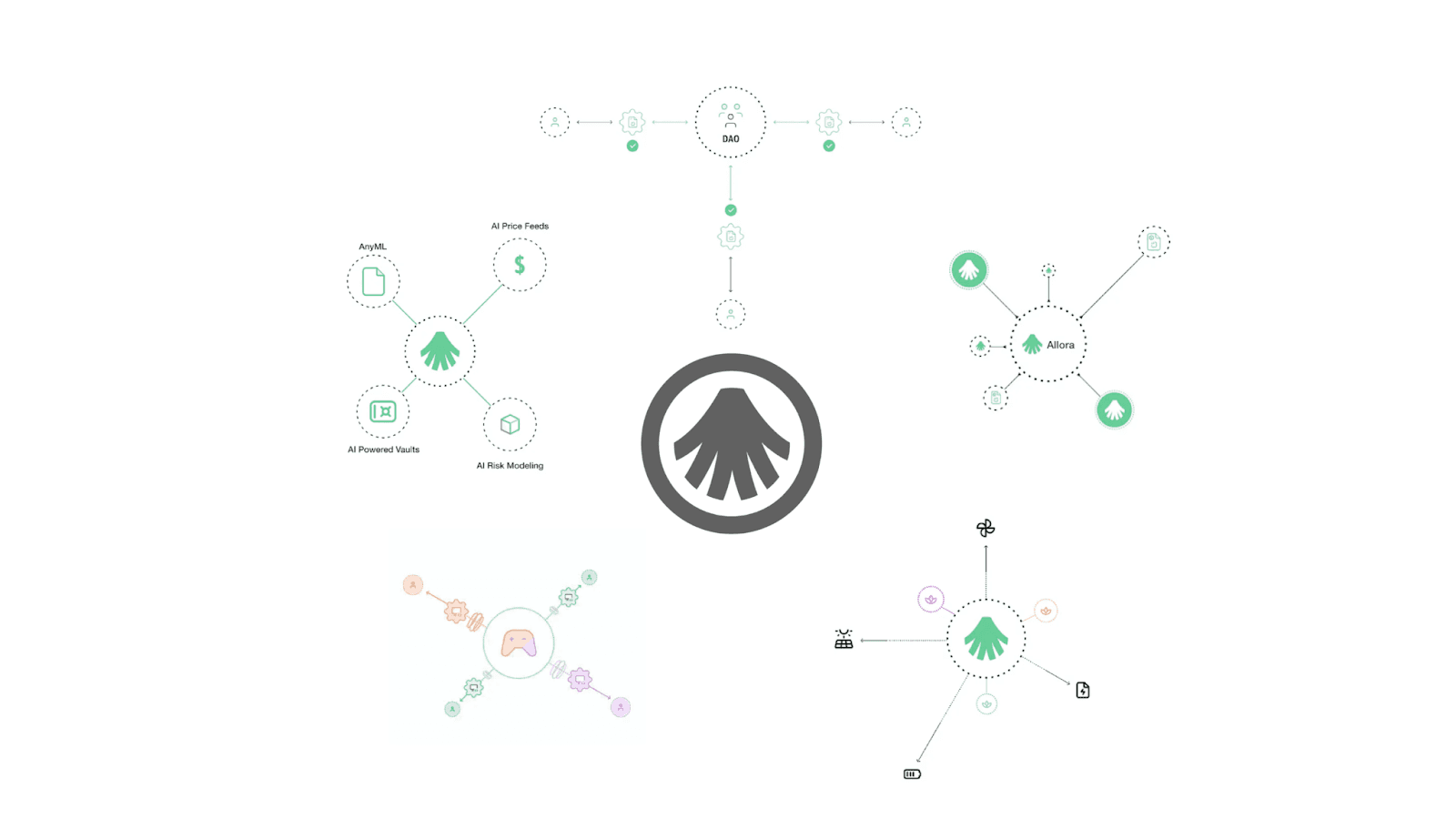
Gaming: Allora’s decentralized and context-aware AI could enhance the gaming experience by facilitating real-time dynamic world adaptation. Players could interact with much more believable background characters in story-driven games, making the experience more personal and immersive. Further to handling game-play mechanics and interactions, AI can improve in-game economics, both with respect to fully virtual economies and aspects backed by real world currency. Allora further points to the potential of using AI to optimize game strategies and to counter cheating.
Renewable Energy: In general, renewable energy sources tend to have a highly variable output, with many sources relying on weather and the environment (solar, wind, hydro) as an energy source. It is imperative that these supply and demand dynamics must be balanced in order to integrate the variable sources onto existing distribution networks, especially if no buffer systems such as battery banks or pump-storage for electrical networks are present. A decentralized AI such as Allora could aid in providing more accurate load predictions and better real-time management of resources. AI can have continuous real-time overview of both present and forecast weather conditions and simultaneously monitor load patterns, compiling the best available management strategy near-instantaneously, including aspects such as customer pricing. Other use cases include energy usage optimization, even as granularly as single buildings – with the AI having overarching knowledge of the conditions outside and access to accurate supply forecasts, the strategy can be highly optimized.
Social and Consumer Interactions: Social interactions, purchases, and information gathering lies at the core of end user activities on the internet. Nonetheless, with the many centralized systems in place, a user is exposed to several risks, such as loss of privacy and data misuse. Allora envisions that a decentralized AI can provide several of the services customers today rely on centralized organizations to provide whilst maintaining privacy. Moving away from traditional financial institutes, Allora’s AI could provide more detailed and fairer credit scores than established institutes can. Allora’s AI can aid individuals and organizations alike to manage crypto portfolios, to provide sentiment analysis while trading, and analyze financial behavior of the market. For the individual, further benefits include personalized predictive health care. In health care, privacy is of paramount importance, especially as AI assisted predictive health care becomes ever more competent and popular. Allora’s privacy retaining properties combined with superior context-awareness are ideal for this potential application – Allora can be used to aid in detecting synthetic identity fraud. Finally, applications such as social media moderation, supply chain optimization, and more, are all potential use cases in this context.
Privacy and Zero-Knowledge Machine Learning: Allora designed its network to be capable of leveraging zero-knowledge Machine Learning (zkML) infrastructure, which allows for cryptographically verifiable models without compromising security and privacy. A trustless AI infrastructure that maintains data security is at the core of what a large investor uses for financial advice, while a worried parent seeking medical advice for their child demands similar features from a decentralized AI.
Resources
The information provided by DAIC, including but not limited to research, analysis, data, or other content, is offered solely for informational purposes and does not constitute investment advice, financial advice, trading advice, or any other type of advice. DAIC does not recommend the purchase, sale, or holding of any cryptocurrency or other investment.
